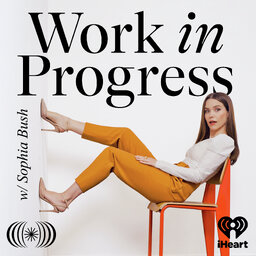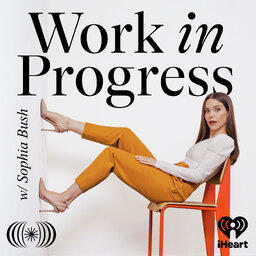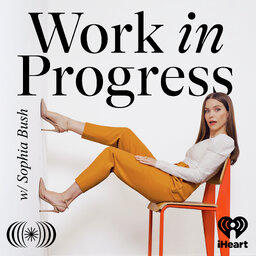Andrew Yang, entrepreneur, author, philanthropist, non-profit leader, former 2020 presidential candidate, and a 2021 New York City mayoral candidate joins Sophia today to discuss his experience growing up in New York, what it’s like having immigrant parents, what he loves most about NYC, how he balances his life as a father and a politician, and what he’s learned working in nonprofits advocating both for the people and for better education policy. Andrew and Sophia have worked together on activist causes in the past, including the organization “Defeat By Tweet” and the initiative, “Win Both Seats.”
In 1 playlist(s)
Work in Progress with Sophia Bush
Work in Progress with Sophia Bush features frank, funny, personal, professional, and sometimes even …Social links
Follow podcast
Recent clips

Work in Progress: Jeannie Mai
55:24

Work in Progress: Mika Brzezinski
1:01:11

Work In Progress: Sophia answers fan questions
23:52
 Work in Progress with Sophia Bush
Work in Progress with Sophia Bush